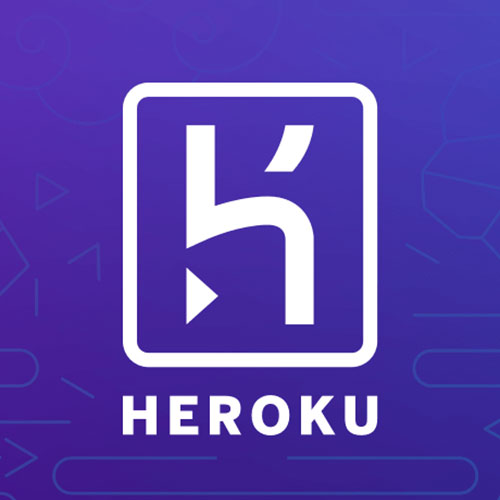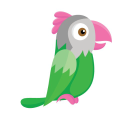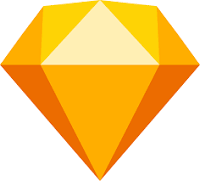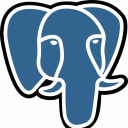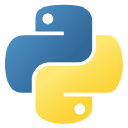How I Successfully Launched A Domain Search Tool (Over 35K Users)
Hello! Who are you and what business did you start?
Hello Starter Story! My name is Steven, and I’m the creator of One Word Domains, which is a database of all the available and brandable one-word domains out there. In total, there are over 100,000 one-word domains on the site, across 38+ TLDs such as .ai, .app, .co, .com, and .io, as well as a highly-popular domain hacks category (think instagr.am, youtu.be, redd.it, and li.me).
A week after its launch, One Word Domains got to #2 on Product Hunt, the front page of Hacker News, as well as popular domain news websites like Domain Name Wire....

